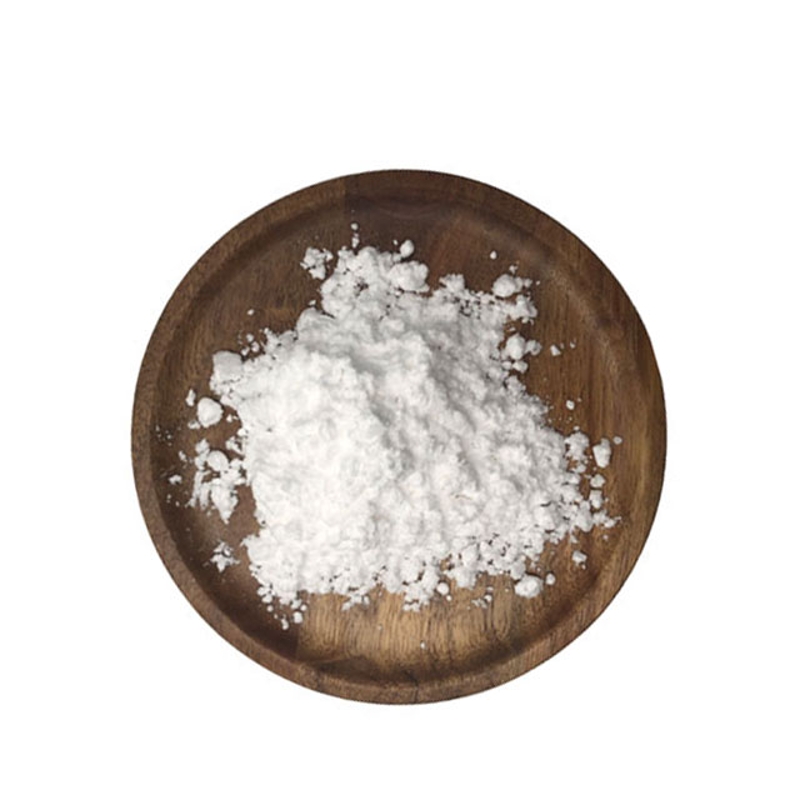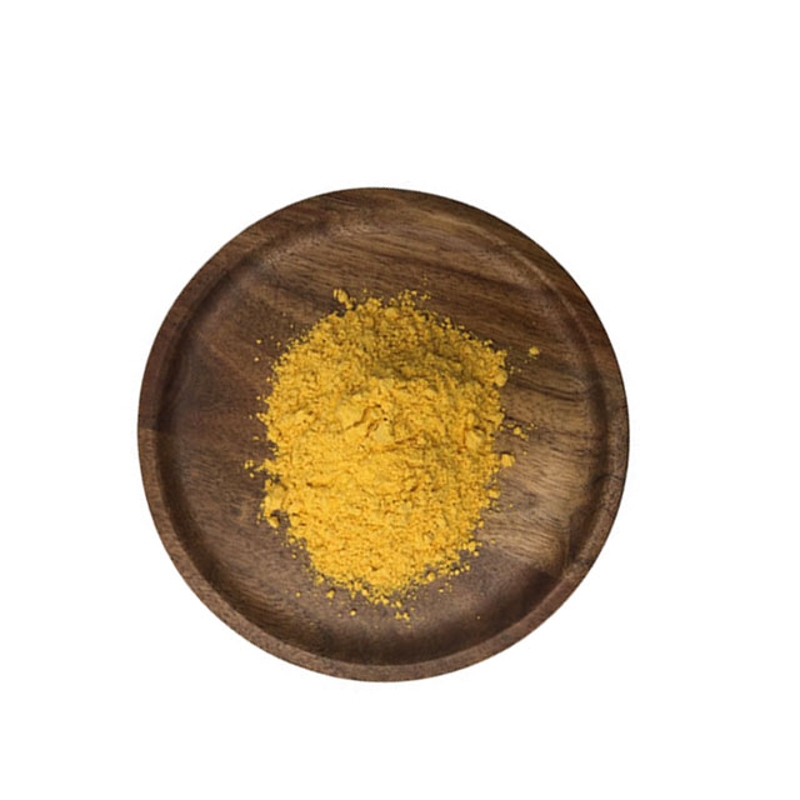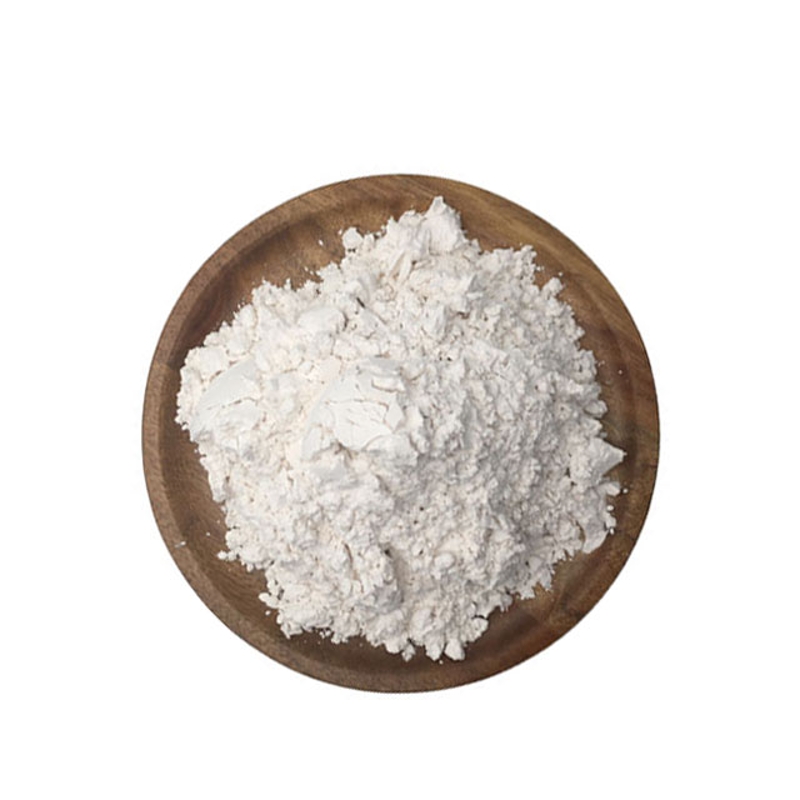-
Categories
-
Pharmaceutical Intermediates
-
Active Pharmaceutical Ingredients
-
Food Additives
- Industrial Coatings
- Agrochemicals
- Dyes and Pigments
- Surfactant
- Flavors and Fragrances
- Chemical Reagents
- Catalyst and Auxiliary
- Natural Products
- Inorganic Chemistry
-
Organic Chemistry
-
Biochemical Engineering
- Analytical Chemistry
- Cosmetic Ingredient
-
Pharmaceutical Intermediates
Promotion
ECHEMI Mall
Wholesale
Weekly Price
Exhibition
News
-
Trade Service
Limbic lymphoma (MZL) is a group of B-cell lymphomas that originate in the marginal region of lymph follicles and can occur in the splenic, lymph node, and mucosal lymphoid tissue
Ottozumab, a new generation of anti-CD20 monoclonal antibody, was approved by the State Drug Administration of China (NMPA) in June 2021 for use in adult patients
Medical Pulse: First of all, can you briefly introduce the current treatment status of MZL in China, and what unmet treatment needs still exist for MZL patients?
Professor Wenyu Li
Currently, treatment regimens for each MZL subtype vary
The current treatment difficulties are as follows: (1) POD24 is a strong prognostic indicator of shortened survival in patients with MZL, accounting for about 20% of patients with MZL, with a median survival of only 3-5 years2
The emergence of a new type II anti-CD20 monoclonal antibody otolizumab has brought a new dawn to MZL patients, can you briefly introduce the advantages of otolizumab in the drug mechanism and pharmacokinetic data?
In terms of drug mechanism, as the world's first humanized, glycosylated type II anti-CD20 monoclonal antibody, otolizumab has been upgraded through structural optimization, and its mechanism of action has been upgraded and has more clinical advantages
Phase I and II PK studies have shown that otolizumab has two loading doses (1000 mg) on the 8th and 15th days of the first course of treatment, which can produce high target saturation
faster.
The faster the maximum target saturation and the fewer free antigens, the faster the patient can achieve remission, and the degree of remission is deeper
.
The good efficacy and superior clinical data of otolizumab are closely related
to the above new mechanisms and pharmacokinetic characteristics.
Professor Zhang Wei
Gallium Study 7 may be a landmark study in indolent lymphoma and thus usher in the era of
otolizumab combined chemotherapy (G-chemo).
The GALLIUM study was a global multicenter, randomized, controlled Phase III study of 1401 patients with primary iNHL (1202 FL patients, 199 MZL patients) randomized to G-chemo or rituximab plus chemotherapy (R-chemo) first-line therapy in a 1:1 ratio, with the aim of evaluating first-line treatment compared with R-chemo sequential monotherapy.
Efficacy and safety of G-chemo sequential single-agent maintenance therapy in the initial treatment of iNHL
.
The results showed that G-chemo had a significant long-term survival benefit from the first-line treatment of iNHL in the initial treatment, with a 24% reduction in the risk of PFS in the G-chemo group, a 28% reduction in the risk of time interval (TTNT) to the use of the new treatment regimen, and a 47.
6%
reduction in the risk of POD24.
Gallium Study MZL Subgroup Analysis8 is a retrospective, exploratory analysis
.
Based on gallium research data, collation and analysis to summarize experience, find out rules, and guide practice is not a pre-designed randomized controlled study for MZL populations, and the results of MZL patients (n=195) in this subgroup analysis are only exploratory
.
Baseline analysis showed a higher
proportion of patients with extranodal/bone marrow involvement and large masses in the G-chemo group and patients with high IPI scores.
The results of subgroup analysis showed that patients in the G-chemo group had a 21% lower risk of PFS events at 4 years, a 18% lower risk of death at four years, a longer need for neoanthrimosis treatment, and a 25%
lower risk of 4-year treatment.
In terms of PFS, TTNT rate and other values, the G-chemo group showed a better clinical benefit trend
than the R-chemo group.
For patients with MZL who are not candidates for radiation therapy in the early stages, monotherapy against CD20 monoclonal
antibodies may be considered.
An ongoing single-arm, open-label Phase II German study9, in which 56 patients with previously untreated MZL were given otolizumab 1000 mg monotherapy during induction therapy and maintenance therapy, aimed at evaluating the use of otolizumab in patients with initial treatment MZL who were not suitable for topical radiotherapy, estimated CR rate of 70%, significance level of 2.
5%, grasp of 80%, loss of follow-up rate < 15% <b13>。
It is expected that more otularizumab-related research results will be released in the future, as well as the real-world application of otolizumab, to provide assistance
for the treatment of MZL patients.
Professor Wenyu Li
The 2022 NCCN Guideline 10 Preferred Protocol and the 2022CSCO Guideline 11 added The New Class I Recommendation indicates that a joint otozumab-based protocol can be used for R/R MZL; This recommendation is based on a global, multicenter, randomized controlled, phase III clinical study
called GADOLIN12.
The objective of the study was to evaluate the efficacy and safety
of otolizumab combined with bendamustine (G-B) in the treatment of patients with rituximab refractory iNHL.
The study enrolled 410 patients and randomly assigned them to G-B and B groups on a 1:1 basis
.
The results showed that after follow-up of 31.
8 months, the median PFS of patients in the G-B group was significantly longer and the risk of disease progression or death was reduced by 43% compared with group B; G-B therapy significantly prolongs the need for neo-lymphoma treatment and reduces the risk of treatment by 41%.
At the same time, this study also verified the idea that after the failure of a generation of anti-CD20 monoclonal antibody (rituximab), the use of a new generation of anti-CD20 monoclonal antibody (otolizumab) can still improve a certain anti-tumor effect on the basis of chemotherapy, showing that the G-B regimen has better synergy
.
In addition, a variety of otolizumab-based combination therapy regimens are also being actively explored, for example, the LYSA study 13 showed that otolizumab combined with attilizumab and venekela (G-Atezo-Ven) regimens treated patients with R/R FL and MZL, with a total response rate (ORR) of 66.
76% after induction therapy (EOI), comparable to other innovative regimens
, and remission was sustained.
Based on the above good findings, otolizumab can be used as a cornerstone drug
for R/R MZL treatment.
Professor Zhang Wei
At present, patients with MZL are often given the G-chemo regimen for treatment clinically, and Chemo-free regimens such as G-lenalidomide are often used in elderly patients
.
In addition, otolizumab can also be used for pre-CAR-T bridging therapy
.
In the clinical exploration of this center, it was found that for patients with rituximab resistance or rapid disease progression MZL into diffuse large B-cell lymphoma (DLBCL), CAR-T therapy after bridging G-chemo was close to 100%
effective.
Bridging G-chemo reduces patient tumor burden prior to CAR-T therapy, contributing to increased CR rates after CAR-T therapy, cytokine release syndrome (CRS) and immune effector cell-associated neurotoxic syndrome (ICANS
).
In the clinical exploration experience of our center, a middle-aged patient with spleen MZL showed a decrease in the complete blood count at baseline, and after 1 course of otolizumab combination therapy, peripheral blood cells basically returned to normal, with only mild anemia
.
Otolizumab has a rapid effect in patients with MZL, has a strong ADCC and ADCP effect, can bring deep and lasting remission to patients, reduce the rate of disease recurrence, and most patients with MZL are more sensitive to otolizumab, therefore, when using otolizumab in patients with large tumor burden, it is necessary to be vigilant about the occurrence
of tumor lysis syndrome.
In this regard, it is recommended that patients with MZL with a large tumor burden can reduce the dose of the drug during the first dose of the first course of treatment, or give otolizumab
after giving chemotherapy to reduce the tumor burden relatively.
Most patients with radiotherapy in stage I/II MZL have a better prognosis, but some patients still have early relapse of radiation in the wild, and some scholars believe that stage I/II is not a pure early lesion, lymphoma as a systemic disease, and early systemic treatment
is also necessary.
Therefore, for stage I/II patients, otolizumab may be used in combination with radiotherapy-based standard therapy to reduce recurrence rates
in irradiation in the wild.
For patients with stage III/IV MZL, guidelines recommend observation and waiting for patients without indications for treatment, but this part of the patient will eventually fall into a relapse/refractory dilemma, and prolonging the time of disease progression is critical to the prognosis and quality of life maintenance of patients, so individualized treatment options can be explored according to the patient's actual situation, or otozalumab-containing regimens can be used to prolong PFS and EFS to achieve deeper remission and
。
For patients with MZL who have first-line indications, treatment with regimens such as G-chemo or G-lenalidomide is recommended to delay disease progression; For R/R MZL, the G-chemo regimen is usually used, and for patients with advanced age, complications, and poor physical condition, otolizumab plus BTK inhibitors or PI3K inhibitors can be used chemo-free regimens
.
The new humanized, glycosylated type II anti-CD20 monoclonal antibody otolizumab has been listed in China for one year, and the clinical trials in the pre-marketing period and the application in the real world after the market have shown that otolizumab has superior efficacy and safety, which has brought benefits to lymphoma patients and also provided clinicians with a new type of treatment.
With the continuous deepening of research on the pathogenesis of MZL and the continuous exploration of MZL treatment, many new drugs such as otolizumab have gradually been applied to clinical trials, and chronic disease management and "Chemo-free" protocol have further improved the efficacy of patients, improved the quality of life, and brought new hope
to patients with MZL.
Professor Zhang Wei
Chief physician of Peking Union Medical College Hospital, master tutor
Youth Committee member of Chinese Geriatric Lymphoma Society
Hematology and Tumor Professional Committee Member of China Anti-Cancer Association
Member of the Blood Immunology Branch of the Chinese Society of Immunology
Member of the Standing Committee of the China Anti-Lymphoma Alliance
Secretary of the Blood Disease Expert Committee of the Beijing Medical Reward Foundation
Professor Wenyu Li
Guangdong Provincial People's Hospital Cancer Center - Department of Lymphoma - Administrative Director
Chairman of the Lymphoma Professional Committee of Guangdong Association of Women Physicians
Vice Chairman of the Oncology Branch of Guangdong Medical Association
Vice Chairman of Guangzhou Hematology and Tumor Professional Committee
Vice Chairman of the Lymphoma Professional Committee of Guangzhou Anti-Cancer Association
Member of the American Blood Association
Member of the CACA Youth Committee
References:
1.
Guideline Working Committee of Chinese Society of Clinical Oncology.
Chinese Society of Clinical Oncology (CSCO) Lymphoma Diagnosis and Treatment Guidelines 2022[M].
Beijing: People's Medical Publishing House, 2022.
2.
Rossi D, et al.
Marginal-Zone Lymphomas.
N Engl J Med.
2022 Feb 10; 386(6):568-581.
3.
Marcus R, et al.
N Engl J Med 2017; 377:1331–44
4.
Herter S, et al.
Mol Cancer Ther 2013; 12:2031–423.
5.
Golay J, et al.
Blood 2013; 122:3482–91
6.
Herold M, et al.
Hemasphere.
2022 Feb 24; 6(3):e699.
7.
Marcus R, et al.
N Engl J Med 2017; 377:1331–44
8.
Mössner E, et al.
Blood 2010; 115:4393–4022.
9.
Grunenberg A, et al.
Future Oncol.
2020 May; 16(13):817-825.
9.
NCCN B-cell Lymohoma V2022.
4
10.
Chinese Society of Clinical Oncology (CSCO) Guidelines for the Diagnosis and Treatment of Lymphoma 2022.
11.
Cheson BD, et al.
J Clin Oncol .
2018 Aug 1; 36(22) 2259-2266.
12.
Journal of Clinical Oncology 39(15_suppl):7544-7544
Poke "Read the original article" to see more







